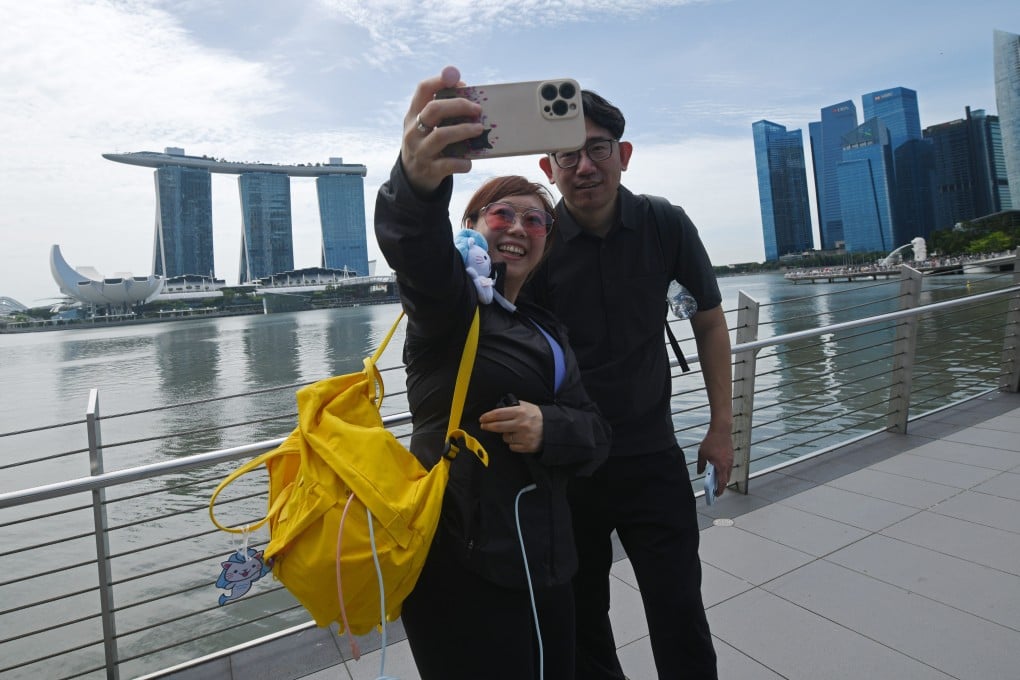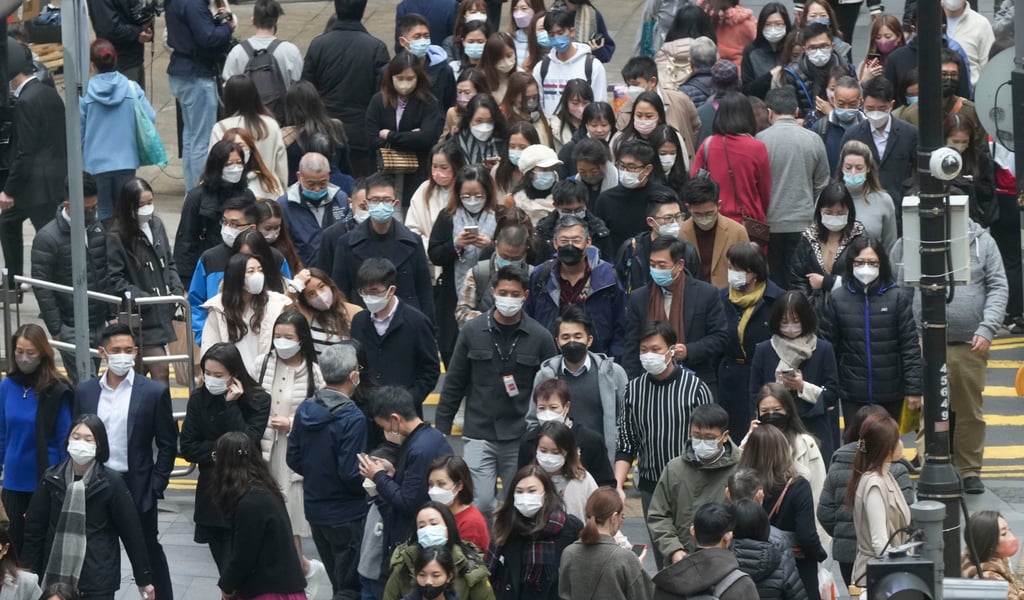Hong Kong is still masking up. Here’s a look at how other countries and cities have handled the unpopular Covid rule
- Officials have raised hope that mandate, one of few remaining pandemic rules in place, can be dropped in March or April
- Western countries such as Australia and Britain, as well as Asian rival Singapore, do not require facial coverings in public places

Hong Kong’s mask mandate, recently extended to March 8 and in place since July 2020, could be lifted after the flu season, according to senior officials.
Financial Secretary Paul Chan Mo-po on Friday further raised hopes by indicating that the unpopular rule could be dropped by the “end of the season”, following similar remarks by the city’s leader earlier.
The Post learned Chan was referring to the end of March.

Hong Kong is one of the few places in the world where masks are required in most public areas.
Here are how other jurisdictions and countries are handling mask measures:
Mainland China
There is no more official mask rule on the mainland, although officials do release advice and guidelines from time to time. Under the latest measures, people are urged to wear masks in public indoor areas such as hospitals, malls, supermarkets, airports, railway stations and lifts.